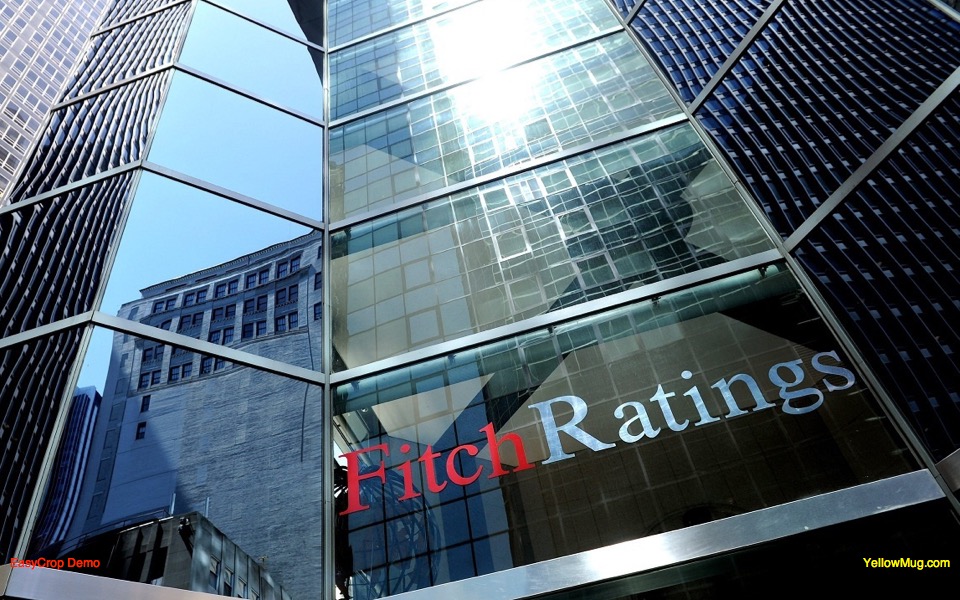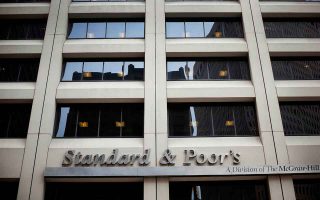Why Fitch adjusted Greece’s outlook to ‘stable’

Greece’s extraordinary review by Fitch Ratings late on Thursday may have surprised the markets but it didn’t upset Greek bonds. The agency’s decision to adjust Greece’s outlook from “positive” to “stable” while stopping short of a rating downgrade was obviously seen by investors as a necessary evil due to the coronavirus pandemic, instead of a signal regarding the state of the country.
"The revision of the Outlook to Stable reflects the significant impact of the Covid-19 crisis on economic activity, the public finances and external accounts," read the agency's statement. "Fitch forecasts real GDP to decline by 8.1 percent this year, reflecting the necessary restrictive measures to slow the spread of the pandemic, the global recession and sharp fall in tourism. We expect some recovery in activity in the second half of this year and next year, with GDP growth reaching 5.1 percent in 2021," it added.
As Michele Napolitano, senior director, head of Western European Sovereigns at Fitch Ratings, explained to Kathimerini, the starting point is that the global economy is facing an unprecedented economic shock. “We therefore decided to look at all our sovereign portfolio overall and select the sovereigns which we had an outlook on. In particular, we focused on those with a positive outlook, and we asked ourselves if the positive outlook was still warranted, given the sharp change in economic conditions.”
Napolitano said Greece was not the only country that was reviewed out of calendar. “Portugal and Malta, for example, were also reviewed last week. And we revised the outlooks on their rating to stable from positive.”
Asked about the timing of the out-of-calendar review of Greece, Napolitano explained that calendar deviations are permitted under the regulation accounting for rapid changes in creditworthiness and the requirement to disclose ratings in a timely manner. Part of the rationale behind the decision to hold out-of-calendar reviews is also related to exposure to the tourism sector. “For countries highly exposed to the tourism sector, we feel the upward momentum in the rating is challenged, given the uncertainty surrounding the prospects for this sector.”
Adjusting an outlook from positive to stable, and affirming the rating at its existing level, is the mildest negative rating action Fitch can take. “The stable outlook implies we do not see significant upward or downward pressure on the rating,” Napolitano explained.
Regarding Fitch’s general rating approach through the crisis, Napolitano stated that, at the start of the coronavirus crisis, the rating agency said that sovereigns’ fiscal records would be one component of their assessment of the credit impact of supplementary fiscal measures. “Our intent is to evaluate whether temporary – and in many cases, urgent – fiscal measures introduced to counter the impact of the coronavirus will have public finance implications that last through the medium term.”





